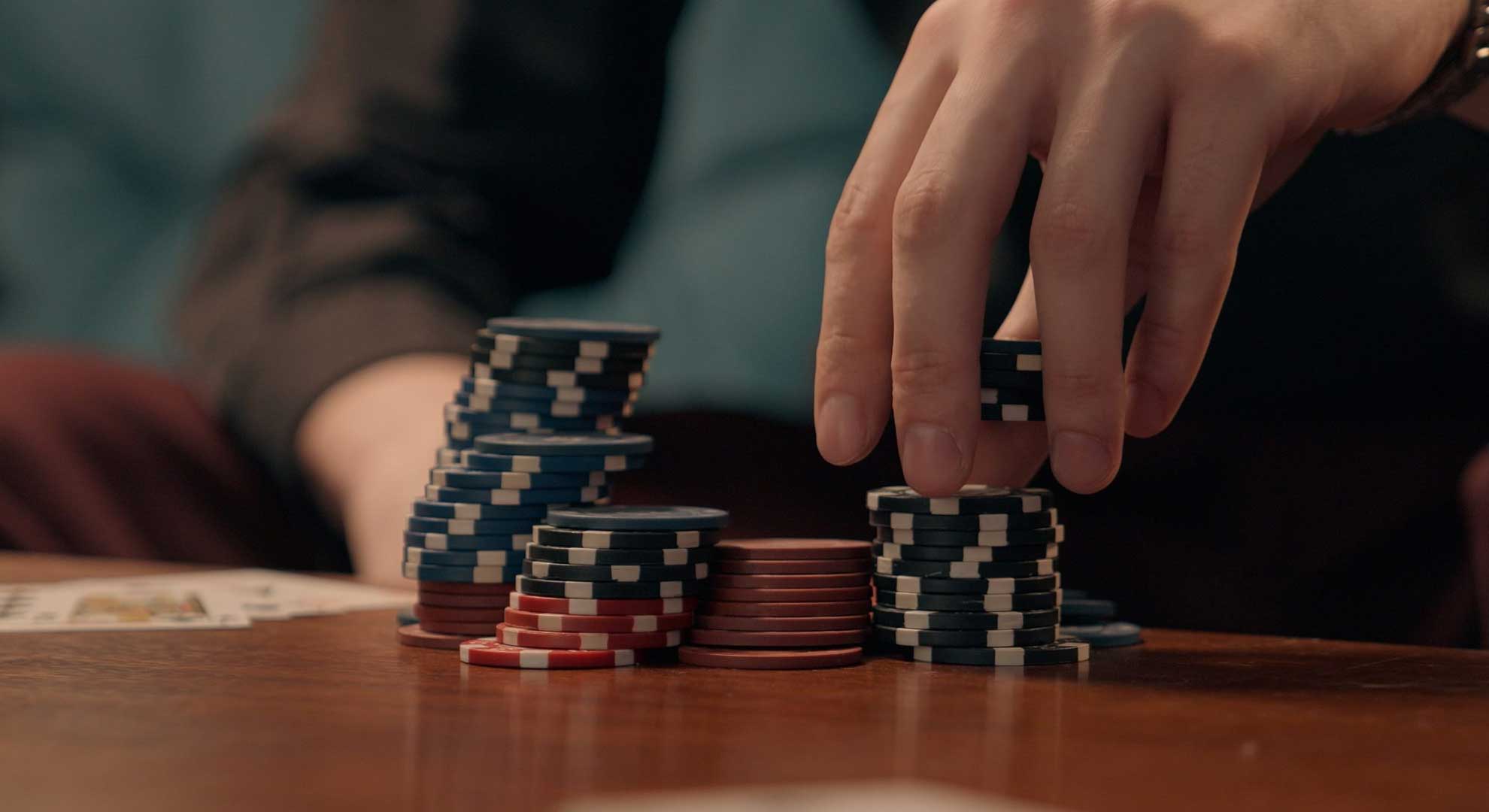The Psychology of Chasing Casino Wins

The Psychology of Chasing Casino Wins
The allure of the casino is undeniable. Bright lights, the clatter of chips, the thrill of a potential jackpot – it all creates an atmosphere charged with excitement. But beneath the surface of this glamorous facade lies a complex interplay of psychological forces that drive players to keep playing, often in pursuit of that elusive big win. This phenomenon, known as "chasing casino wins," is a powerful motivator, and understanding its psychological underpinnings is crucial for anyone who engages with the gambling world.
At the heart of chasing casino wins lies the concept of operant conditioning. This psychological principle, popularized by B.F. Skinner, suggests that behaviors are learned through their consequences. In the casino, wins act as positive reinforcement. Even small wins can trigger a dopamine release in the brain, creating a pleasurable sensation. This reward, however, is often intermittent and unpredictable. This is where the variable ratio reinforcement schedule comes into play, and it's one of the most potent tools in a casino's arsenal. Unlike a fixed reward system where you know exactly when you'll be rewarded, a variable ratio schedule means wins can occur at any moment, after any number of plays. This unpredictability makes the behavior incredibly resistant to extinction. Gamblers keep playing because the next spin, the next hand, or the next roll *could* be the one that brings a significant payout. The anticipation itself becomes a powerful driver.
Another significant psychological factor is the illusion of control. Many gamblers believe they have a strategy, a lucky charm, or some innate ability that influences the outcome of games of chance. This is particularly evident in games like roulette, where players might place bets based on perceived patterns or hot numbers. This illusion is further reinforced by confirmation bias, where individuals tend to focus on information that confirms their existing beliefs, while ignoring evidence that contradicts them. A string of near misses might be interpreted as "almost there," rather than simply random chance. This cognitive bias prevents players from recognizing the inherent randomness of most casino games.
The near-miss effect is also a powerful contributor to the psychology of chasing wins. When a player comes very close to winning – perhaps the slot machine reels almost line up, or a roulette ball lands on an adjacent number – it can be as psychologically stimulating as an actual win. This "almost winning" experience tricks the brain into feeling rewarded, reinforcing the desire to continue playing in hopes of achieving the actual win. It signals to the brain that the player is "on the verge" of success, making it harder to walk away.
Furthermore, loss aversion plays a crucial role. Humans are generally more motivated to avoid losses than to achieve equivalent gains. When a gambler experiences losses, the urge to "win back" what they've lost can become overwhelming. This is the core of chasing losses, a behavior that often leads to escalating gambling and significant financial problems. The pain of losing is so strong that the prospect of recouping those losses through further gambling becomes an almost irresistible temptation, even if it’s psychologically irrational.
The social aspect of gambling cannot be overlooked either. Casinos are often designed to be social environments, with shared experiences and the potential for bragging rights or commiseration among players. Seeing others win can fuel the desire to win oneself, while witnessing others lose can create a sense of shared struggle or even a feeling of superiority. This social reinforcement, whether direct or indirect, can further entrench the behavior of chasing wins.
For those who find themselves caught in the cycle of chasing casino wins, it's important to recognize these psychological drivers. Seeking reliable information and strategies is key, and sometimes finding alternative pathways to excitement is beneficial. For those looking for a convenient and secure way to access online gaming platforms, a good resource is the m88.com link alternatif. However, it's always important to gamble responsibly and be aware of the psychological forces at play. Understanding the psychology of chasing casino wins is the first step towards a more informed and controlled approach to gambling.
The pursuit of casino wins is a deeply ingrained human behavior, fueled by a complex cocktail of psychological mechanisms. From the intermittent rewards that keep us hooked to the illusions of control that distort our perception of probability, the casino environment is expertly designed to tap into our innate desires and cognitive biases. Recognizing these psychological triggers is paramount for anyone wishing to engage with the gambling world in a healthy and sustainable manner. The thrill of the game is undeniable, but understanding the mind behind the bet is where true control lies.
```